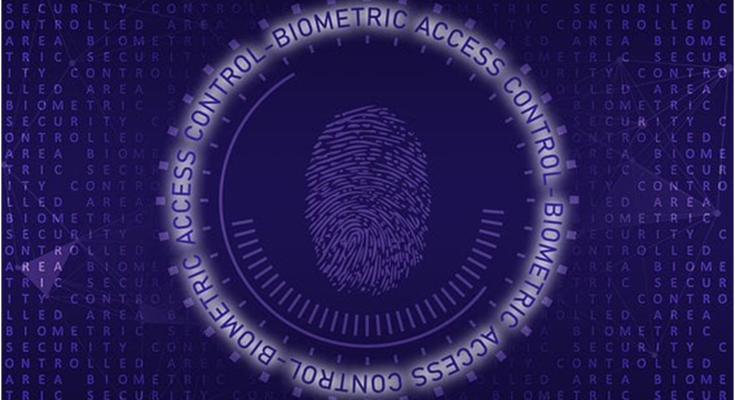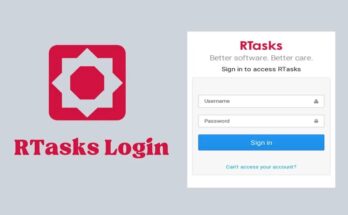The world today is a more connected one than ever before. With the rise of social media, smartphones, and other digital devices, we are able to connect with others faster and easier than ever before.
This heightened connectivity has brought many positive benefits for individuals and businesses. But it also comes with a fair share of risks. Digital hacking is rising, and companies can see their sensitive information become compromised or stolen instantly if they aren’t using effective security measures.
As such, to remain safe while also being transparent and accessible to users, businesses are turning to digital authentication to confirm that users are who they claim to be when accessing digital resources.
Authentication is verifying that someone or something is who or what they say they are through some sort of test or process (such as a password, personal questions, fingerprint scanning, etc.). It’s used widely by businesses and individuals alike to ensure safety from hackers and other intruders.
Authentication has several benefits, including:
1. Complies with the data regulatory requirement
Businesses are required to comply with data protection by law. This refers to the laws and rules that use an individual’s right to data privacy and protection. As an organization, your first responsibility is to respect and protect people’s data. If you collect or process personal data, you must comply with the EU data protection law (GDPR).
User authentication is an essential tool for ensuring compliance. With the right system in place, you can verify the identity of users and give them the option to review and correct their data. It can also help you to retain data for the appropriate period. Companies that don’t comply with data protection may be held liable.
The best way to meet data protection requirements is through authentication. Authentication allows businesses and organizations to confirm a person’s identity before granting access to resources or private data. User authentication is required by law in many industries, including healthcare, financial services, and education.
2. Provide greater security
Adding the extra layer of user authentication makes your software more secure. It gives users a heightened sense of protection and privacy while keeping hackers out. This is especially important for companies that store sensitive information on their software, like healthcare providers, financial institutions, and educational institutions.
You can authenticate users in various ways, including passwords, one-time passwords, voice recognition, face recognition, fingerprint scans, and more. The type of authentication you choose depends on your business and the level of security you wish to offer your users.
Authentication can also help you to achieve data integrity. This means that you have and process only legitimate data that is accurate, appropriate, and complete. If you use authentication, you can control which people have access to your software and what they can do with it. For example, you might decide to grant certain people administrative privileges. This way, you can limit the damage a malicious user can do.
3. Reduce operation costs
Authentication can help you to reduce both the costs of your operation and the number of fake users. It’s essential to keep track of how many people use your software, but this can be challenging to keep track of manually. If you authenticate your users, you can use software to track their activities and measure analytics.
This can help you to understand your user base and make informed decisions about the future of your business. Gathering information about your user base can help you to reduce operation costs by increasing user retention, understanding how people use your product, and increasing lifetime customer value. You’ll also be able to identify areas of weakness in your software that you can use to improve your product and increase revenue.
Moreover, user authentication can streamline your operations by reducing the need for one-on-one meetings. You often incur travel and hotel fees when you require in-person meetings with your customers or suppliers. But when you can conduct meetings online with authenticated users, you can save money on airfare, car rentals, and accommodations.
4. Protection against cyberattacks and spam
User authentication is a useful tool in the fight against cyberattacks. It helps to detect fake users and potential threats to your software, such as bots, spammers, and hackers. When you authenticate your users, you can use software that instantly tracks suspicious activity and blocks it.
Authentication can also help you to reduce the number of fake users. Spam accounts and bots can wreak havoc on your software. They can create fake accounts, distract and mislead real users, and post spammy content. Authenticating your users can help you to reduce these threats and keep your software safe.
5. Build trust with your users
Authentication is a powerful tool for building trust between you and your users. It shows your users that you care about their online experience. They will appreciate the added security and privacy that authentication provides.
You can authenticate users, such as customers, employees, and business partners. You can also authenticate different types of devices, such as computers, smartphones, and tablets.
It protects your users by blocking suspicious IP addresses and stopping bots from infiltrating your software. This allows you to regulate access by user and device, which can help you ensure that people receive the correct level of service.
When users see authentication in your software, they know they are safe.
6. Simplified login process
Authentication can help you to improve the login process. You can use a single sign-on (SSO) solution that allows people to sign in once and gain access to various software or websites.
Single sign-on helps people sign in more quickly and easily, improving their experience. A single sign-on makes it easy for people to authenticate themselves using an existing account.
This reduces the chance of people making mistakes when signing in, making the experience even easier.
7. Improved user experience
This benefit of authentication is often overlooked. Authentication can help you to improve your user experience. It gives people control over their online experience. When you authenticate your users, you can allow them to sign in with an existing account, such as their email address or social media account.
This can help you reduce the number of people who create new accounts with your software. People already familiar with your product will appreciate the ability to sign in with an existing account.
Authentication can also help simplify the login process by using a PIN or password instead of re-entering information for every account you log into. For example, if you are a frequent flyer, you may have an account where you have to enter your frequent flyer number, information about your trip, and dates.
Additionally, authentication enables you to log into the account with one click and select the correct information. This makes your life a lot easier, especially if you’re busy and always on the go.
Conclusion
You can help keep your software secure and protect your users’ privacy by authenticating your users. You can also help to reduce the number of fake users on your software. This can improve your user experience by allowing you to offer personalized services and provide quick and easy access to your software. These benefits show why authentication is an essential part of any software. It protects users, businesses, and data integrity while allowing people to use the necessary software. User authentication is one of the most effective ways to protect sensitive information while allowing people to use their software without a hassle.




